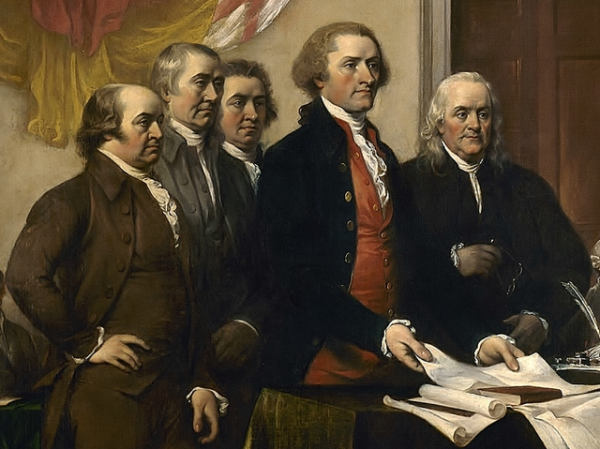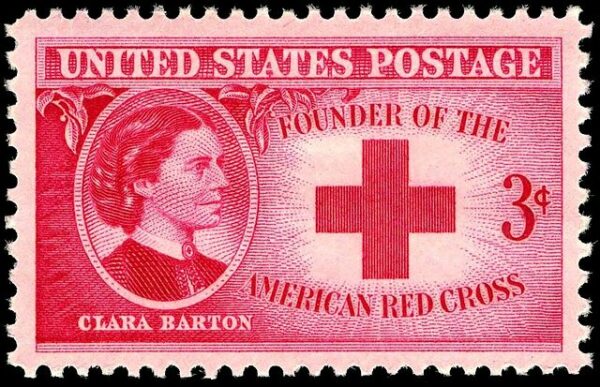In the sweltering heat of June 1776, the Second Continental Congress convened in Philadelphia and decided to change the course of human events. The delegates, representing the thirteen colonies, faced the monumental task of justifying a rebellion that had already sparked skirmishes and ignited a revolutionary spirit among the populace. Recognizing the necessity of a formal declaration, they appointed a committee to draft a document that would articulate the colonies’ intentions and philosophical underpinnings for seeking sovereignty.
Among the congressmen, five were chosen for this pivotal role: Thomas Jefferson of Virginia, John Adams of Massachusetts, Benjamin Franklin of Pennsylvania, Roger Sherman of Connecticut, and Robert R. Livingston of New York. This Committee of Five was entrusted with the weighty responsibility of crafting a declaration that would resonate not only within the colonies but also on the world stage.
Thomas Jefferson, a relatively young delegate already known for his eloquence and philosophical depth, was tasked with drafting the initial text. Jefferson’s selection was largely due to his reputation as an adept writer, combined with his Virginian pedigree, which lent an essential regional balance to the endeavor. Jefferson withdrew to a quiet room in a boarding house on Market Street, immersing himself in the works of Enlightenment thinkers and drawing upon previous declarations and resolutions passed by the colonies and local assemblies.
As Jefferson labored over his drafts, the other members of the committee provided invaluable support. John Adams, a fervent advocate for independence and a lawyer with a keen intellect, contributed significantly through his insights and suggestions. Adams, recognizing Jefferson’s literary talent, insisted that Jefferson take the lead, yet he remained a crucial advisor, ensuring the document’s arguments were robust and compelling.
Benjamin Franklin, the eldest and most revered of the committee, brought a wealth of experience and a pragmatic wisdom to the process. Franklin’s diplomatic skills and his understanding of the broader geopolitical implications were instrumental in shaping the document’s tone and ensuring it struck a balance between idealism and practicality. His edits refined Jefferson’s prose, making the declaration more accessible and forceful.
Roger Sherman, a self-taught lawyer and seasoned politician, provided a grounded perspective. Sherman, known for his straightforwardness and prudence, ensured that the declaration was concise and devoid of unnecessary embellishments. His contributions helped anchor the document’s lofty ideals in a clear and actionable framework.
Robert R. Livingston, though unable to sign the final document due to his duties in New York, played a significant role in the committee. His diplomatic acumen and legal expertise contributed to the document’s structure and legal arguments. Livingston’s involvement underscored the collaborative nature of the drafting process, reflecting a unity among the diverse colonies.
As Jefferson completed his draft, the committee members meticulously reviewed and revised it, line by line, word by word. The result was a powerful declaration that articulated the colonies’ grievances against King George III and asserted their inherent right to self-governance. The document eloquently expressed the Enlightenment ideals of individual liberty and government by consent of the governed, providing a moral and intellectual justification for the break from Britain.
On July 2, 1776, the Continental Congress voted in favor of independence. Two days later, on July 4, the final text of the Declaration of Independence was approved. The declaration, with its profound preamble and detailed list of grievances, was not merely a statement of intent but a revolutionary manifesto that would inspire generations to come.
The Committee of Five, through their collaborative effort, produced one of history’s most influential documents. Their combined talents and perspectives ensured that the Declaration of Independence was not only a reflection of the colonies’ aspirations but also a timeless testament to the principles of freedom and equality.






